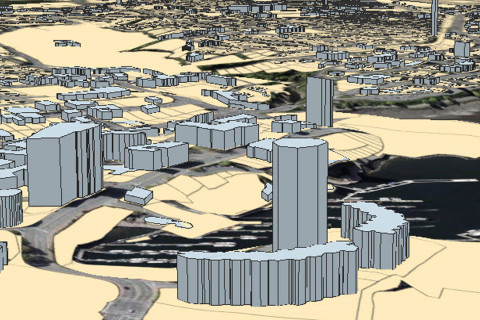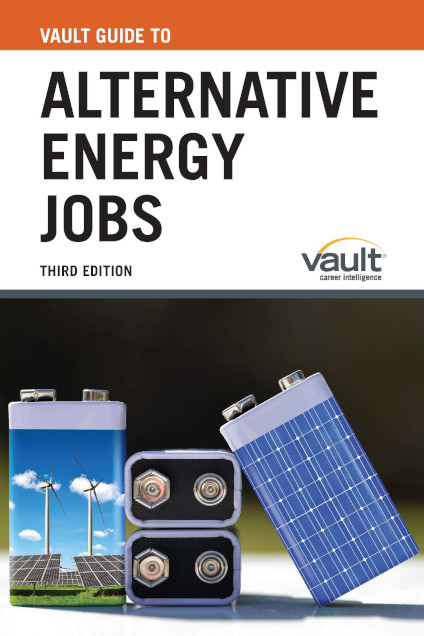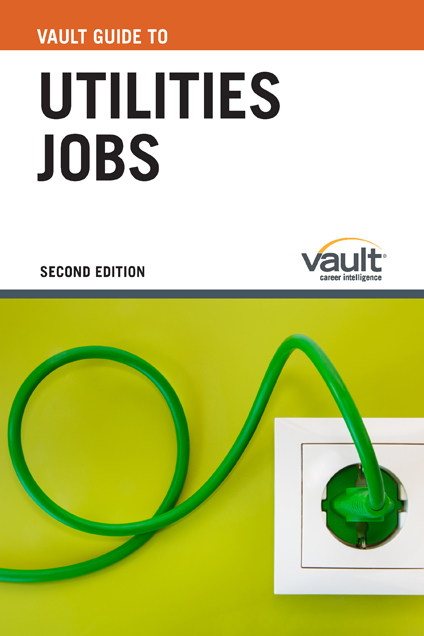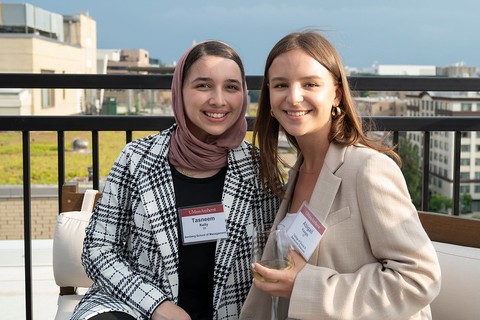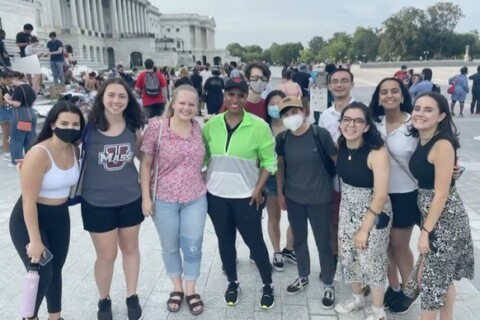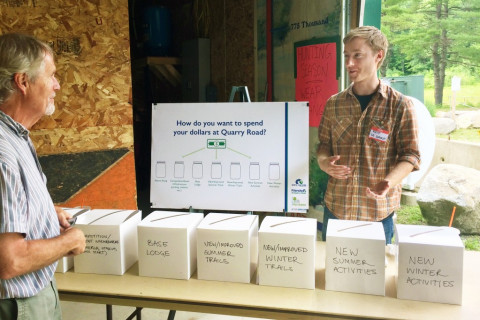Welcome to the Environment / Natural Resources / Sustainability Community
Energy use is an integral part of all sectors of society, be they industrial, transportation, residential, governmental, individual, or other sectors. The bulk of energy used in the world comes from non-renewable sources. The field of energy conservation revolves around the belief that prosperity and environmental stewardship go hand-in-hand. Energy conservationists create solutions for a wide range of environmental issues through political, design, scientific and economic expertise.


Nature and wildlife conservationists protect plants, animals and their habitats to ensure that the natural world will be around and healthy for generations to come. This can take the form of hands on science and research, government/policy work, national parks/education, non-profits focused on raising awareness and funds, and more. Career opportunities in this area are broad in scope, and students from any major should be able to find a way to put their skills to work in this area.
Cities, regions and their residents face significant challenges in the coming decades, and significant opportunities. Addressing the challenges and building on the opportunities requires skilled design and planning professionals who value both theory and practice, who can push professional boundaries while respecting community desires. Landscape architects develop creative designs for residential and commercial spaces in the private sector, as well as serving the public sector in the areas of historic preservation, recreation and other public construction. Regional planners address and resolve the physical, economic, and social problems of towns, cities, and larger regions, and attempt to anticipate and adequately prepare for the impact of growth and development on the environment and vice versa, and to resolve conflicts between development and the environment.



















